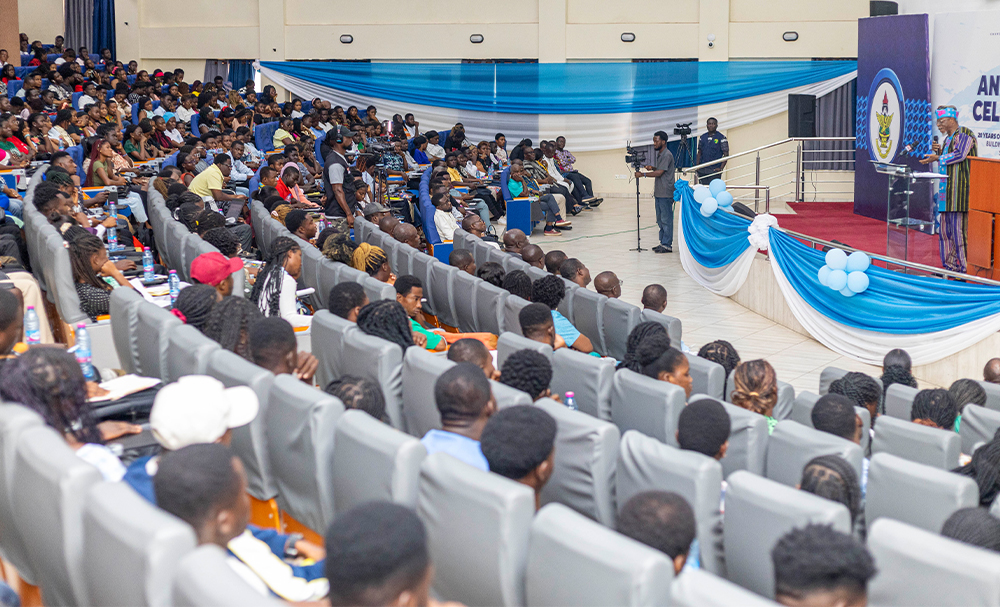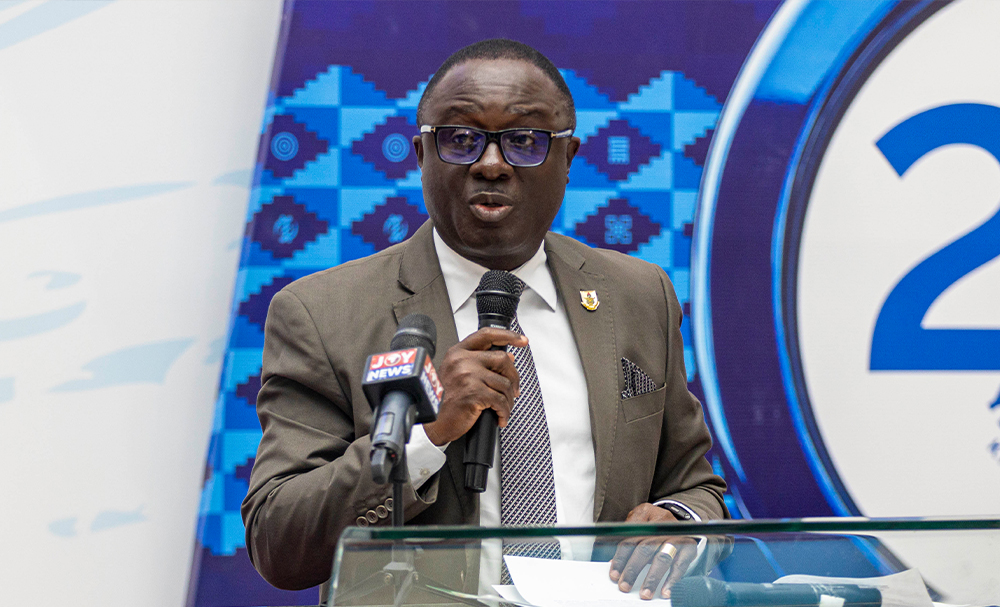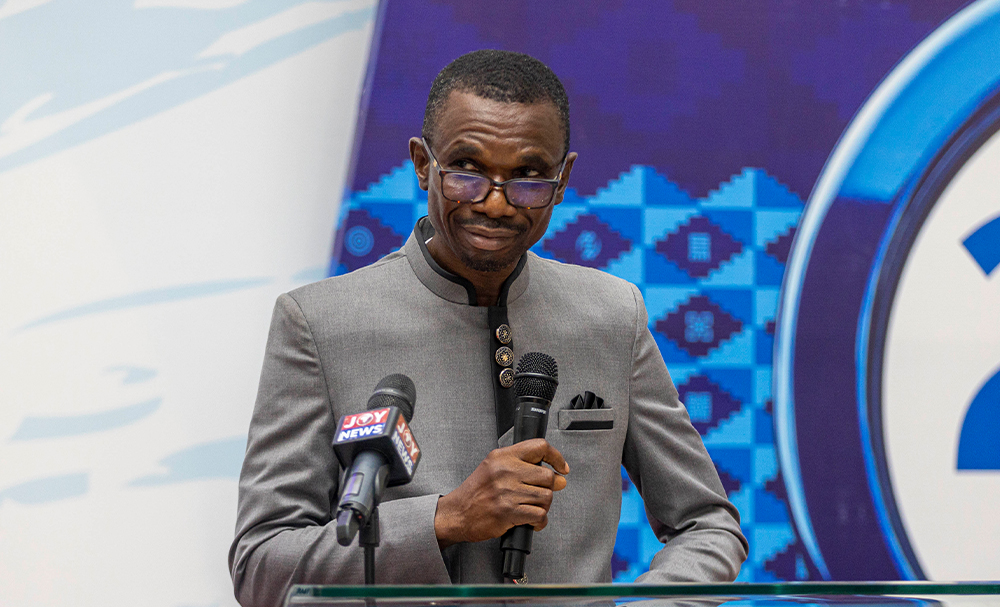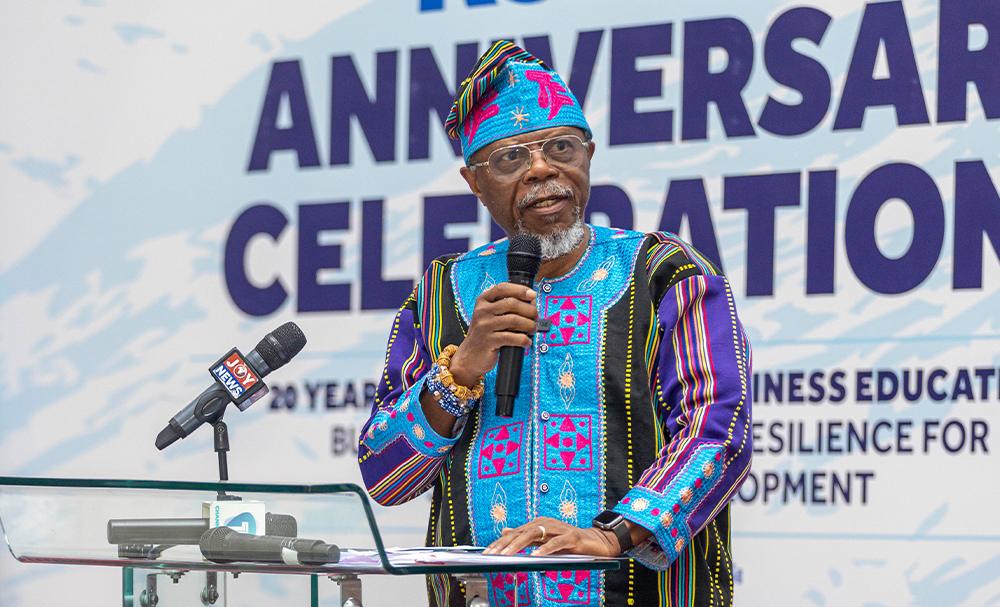Renowned African historian and scholar Professor Toyin Falola has urged African nations to integrate ancestral science and indigenous knowledge systems into contemporary development strategies.
He made the call during a public lecture organized by the Faculty of Social Sciences at Kwame Nkrumah University of Science and Technology (KNUST),Kumasi themed “Ancestral Science and Technology for Modern Development.”

Addressing students, academics, and policymakers, Professor Falola emphasized the need to move beyond Western-centric models of science and development by embracing African heritage and knowledge systems.
“We must promote a plural knowledge economy,” he said. “Valuing our indigenous science does not mean rejecting other cultures. It means incorporating both to achieve inclusive, sustainable development.”
Falola criticized the marginalization of African intellectual traditions, citing systemic and epistemic injustices that have historically erased or devalued indigenous contributions.
“Our people and contributions have been damaged. Ancestral science and technology have been damaged. That is epistemic injustice,” he stated.
He warned against “epistemic silence” and called on Africans to preserve, study, and promote ancestral knowledge in areas ranging from agriculture to architecture, arguing that no domain of life is untouched by African thought.
“Africans must be vocal and proactive in reclaiming their intellectual heritage. Development must be rooted in cultural and historical identity to be truly transformative,” he added.
Falola also highlighted the role of language in preserving cultural memory, stressing that meaningful innovation must begin with understanding history and heritage.
“Preserving indigenous languages is essential. Our knowledge and literature are embedded in these languages,” he said.

KNUST Pro Vice-Chancellor Professor David Asamoah echoed Falola’s remarks, noting that Africa’s scientific legacy predates Western industrialization.
“For too long, our understanding of science and technology has been framed through a Western lens. Yet long before the digital age, our ancestors were innovating within their environments using indigenous systems,” he said.
Describing the lecture as a turning point, he emphasized that ancestral science is not obsolete but foundational.
“It offers models for innovation that are culturally grounded, environmentally sustainable, and economically accessible,” he said.

Dean of the Faculty of Social Sciences, Professor Abass Kabila, urged participants to reframe ancestral knowledge not as relics but as dynamic, intellectually rich systems.
“This is more than a lecture. It’s a symbolic gathering to reflect on the past and envision a future shaped by ancestral ingenuity and modern innovation,” he said.
He expressed hope that the dialogue would influence classrooms, research, and policymaking, creating space for Africa’s intellectual heritage to thrive in contemporary discourse.
| Story: Abena Agyeiwaa Brefo (URO) | Isaac Kwaku Duah (URO) | |

















